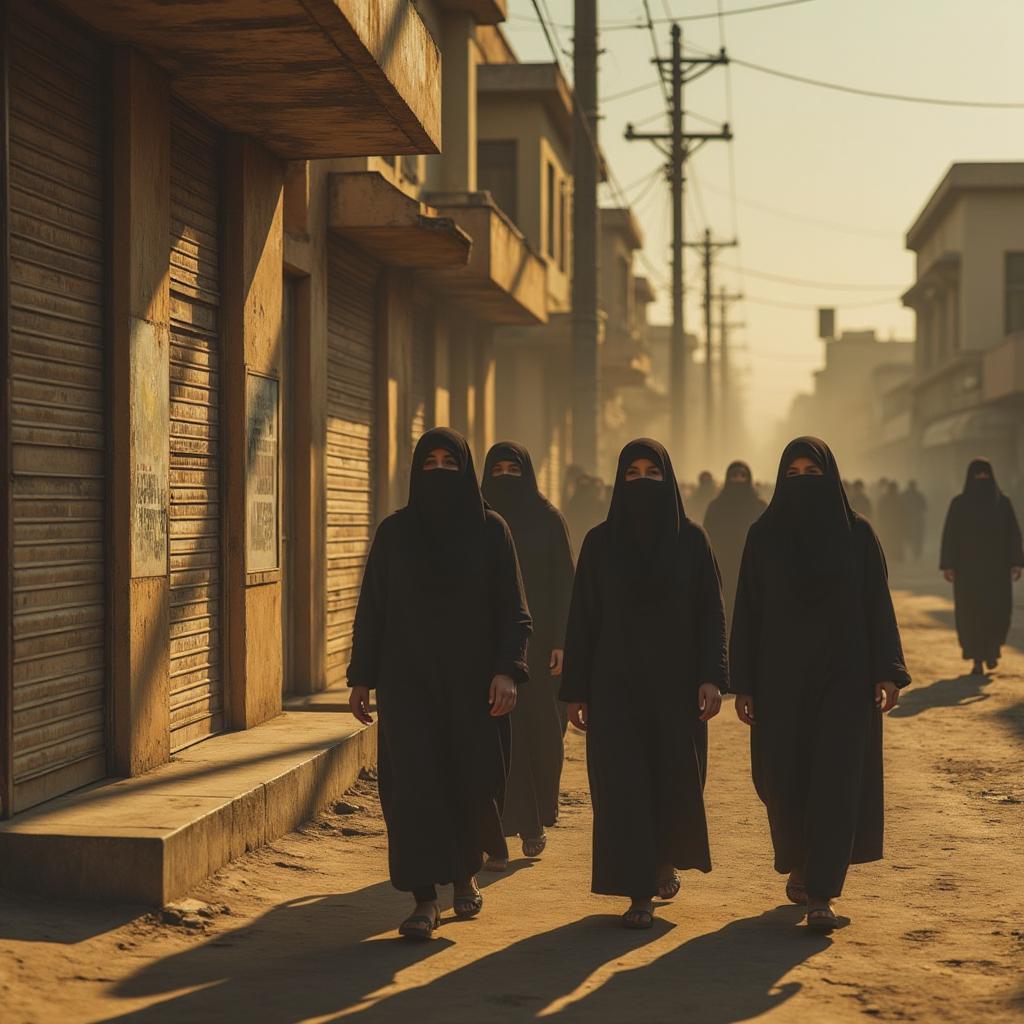
The International Criminal Court (I.C.C.) is taking a bold step against the Taliban’s treatment of Afghan women and girls. The court’s top prosecutor, Karim Khan, announced on Thursday that he’s seeking arrest warrants for the Taliban’s supreme leader, Sheikh Haibatullah Akhundzada, and Afghanistan’s chief justice, Abdul Hakim Haqqani. The charges? Crimes against humanity, specifically “persecution on gender grounds.”
Since the Taliban regained control of Afghanistan in 2021, life for women and girls has become increasingly harsh. The group has enforced strict laws that have pushed women out of public life, banning them from jobs, education, and even beauty salons—one of the last places where women could gather outside their homes. Girls are barred from high school, and women are no longer allowed to attend universities, making Afghanistan the only country in the world with such extreme restrictions.
Khan described the situation as “unprecedented and unconscionable,” highlighting the suffering of Afghan women, girls, and the LGBTQI+ community. The Taliban’s so-called “vice and virtue” laws, which they claim are based on Islamic principles, have been widely condemned as a form of “gender apartheid” by human rights experts.
Many Afghan women have fled the country, while others are desperately seeking ways to escape the oppressive regime. The I.C.C.’s move marks a significant effort to hold the Taliban accountable for their actions, but it remains to be seen whether the arrest warrants will lead to real change on the ground.
This case underscores the ongoing struggle for human rights in Afghanistan and the global community’s role in addressing such injustices. For now, the world watches as the I.C.C. takes a stand against one of the most severe crackdowns on women’s rights in recent history.
